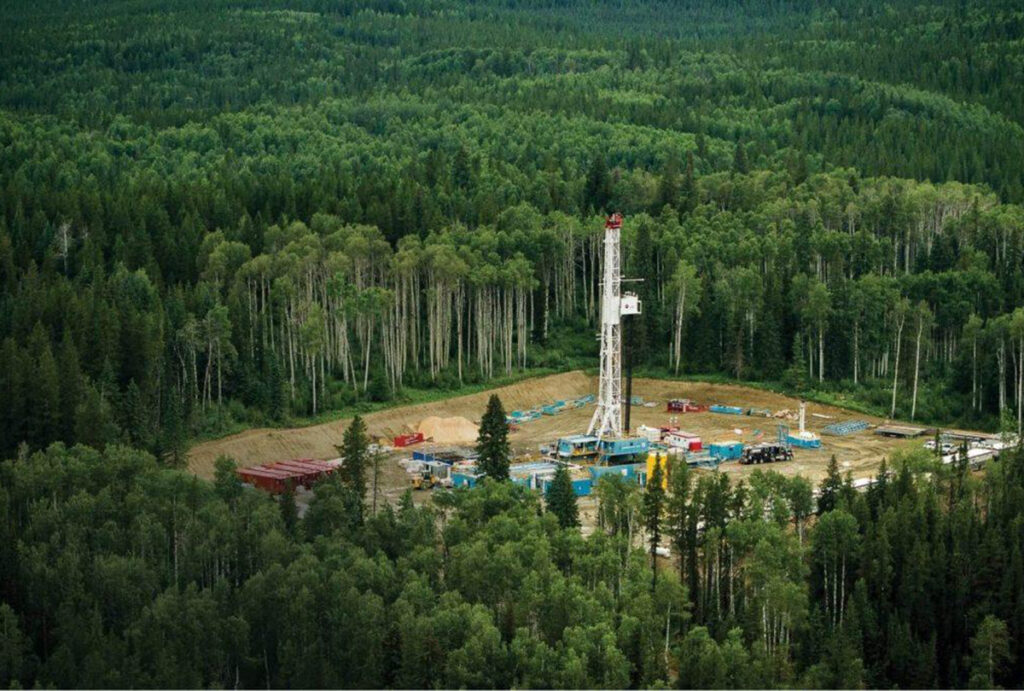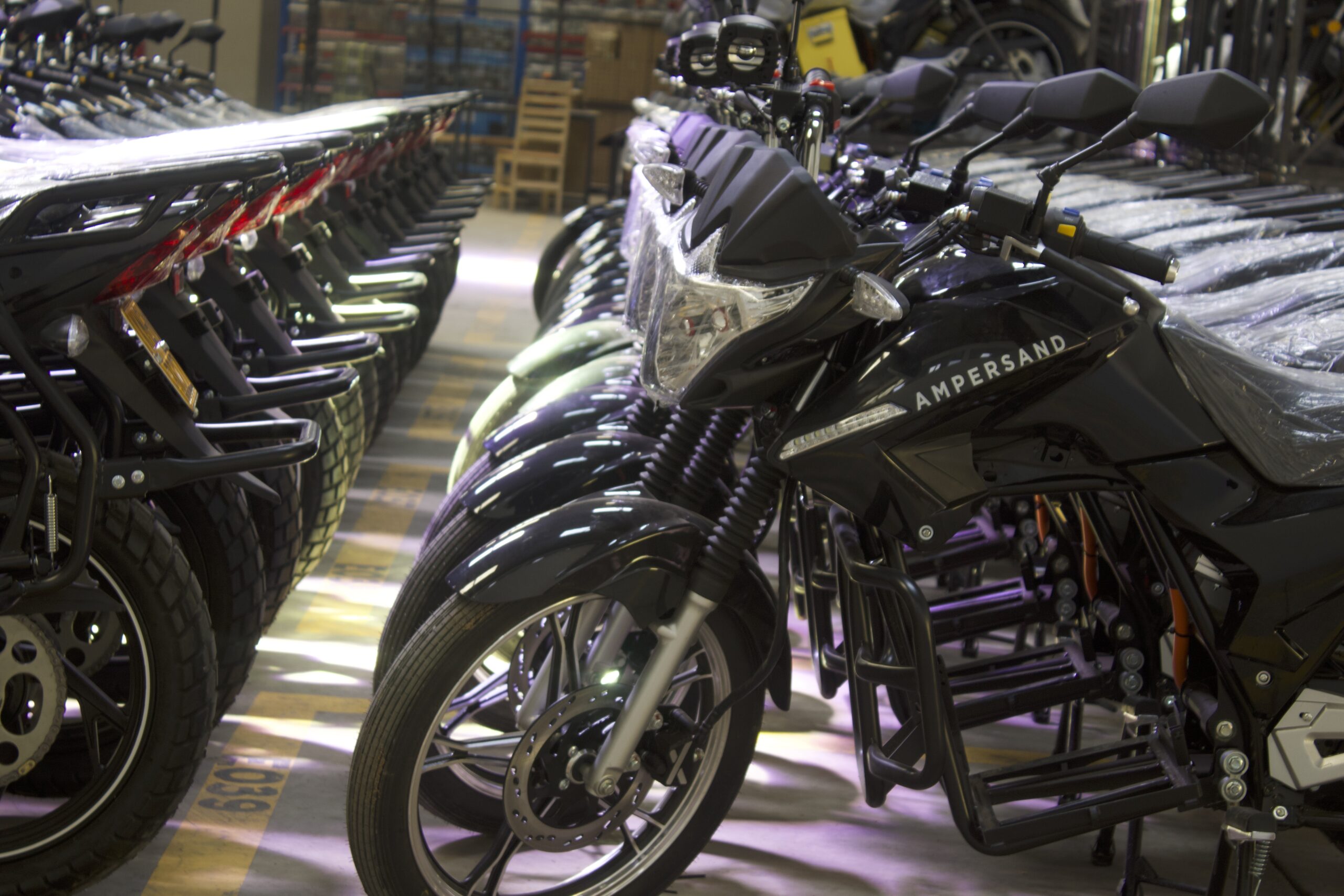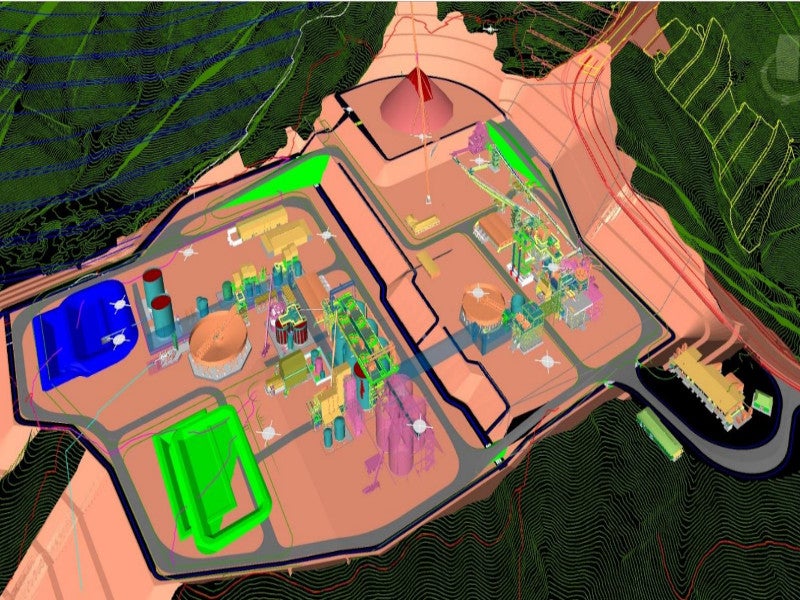‘LNG is in greater demand than ever before and continues to drive economic growth and enhance energy security across the world’
Follow CEC on Linkedin CEC Linkedin
Follow CEC on Facebook CEC Facebook
Follow CEC on Twitter CEC Twitter

Photo courtesy Tourmaline
The massive Montney natural gas play in Alberta and B.C. is growing in importance as world liquefied natural gas (LNG) demand surges and Canada nears completion of its first LNG export project.
The Montney – which rivals the Marcellus, the largest natural gas play in the U.S., for available resources – has seen more than $16 billion worth of ownership deals in the last two years, according to Evaluate Energy.
But the play is still in its early innings, say analysts with RBC Capital Markets.
That’s good news for LNG, where the world needs more supply over the long term.
“LNG is in greater demand than ever before and continues to drive economic growth and enhance energy security across the world,” said Joseph McMonigle, secretary general of the International Energy Forum (IEF).
Based in Riyadh, Saudi Arabia, the IEF represents energy ministers from 72 producing and consuming nations including Canada, the United States, China, India, Germany and the United Kingdom.
After reaching a record 390 million tonnes in 2022, world LNG demand is expected to grow by another 25 percent to 500 million tonnes annually in five years, according to a new IEF report.
While Canada currently ships a small amount of LNG overseas by shipping container, it has yet to export any large quantities by LNG ocean carriers. This will change with the completion of the $18 billion first phase of the LNG Canada project, expected by 2025.
The recently completed Coastal GasLink pipeline will carry natural gas from the Montney play to the terminal.
Coastal GasLink will result in a step change in how natural gas is produced, shipped and priced in western Canada, RBC said.
Its initial capacity of 2.1 billion cubic feet per day can be increased to 5 billion cubic feet per day with additional compression facilities along the route. And through the less-than-a-kilometer long Cedar Link connector, Coastal GasLink would feed the proposed Cedar LNG project, led by the Haisla Nation.
Montney gas will also supply the Woodfibre LNG project and is planned to feed the proposed Ksi Lisims LNG project, led by the Nisga’a Nation.
The Montney now provides roughly half of Canada’s existing natural gas production, or about 10 billion cubic feet per day, RBC said.
Analysts predict that by 2030, roughly two thirds of all natural gas wells in western Canada will target the Montney play, producing about 18 billion cubic feet per day by the end of this decade.
Share This:




